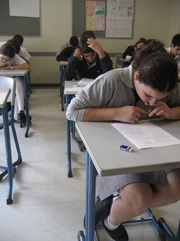
In a survey by the charity YoungMinds, 82 per cent of teachers agreed that the focus of exams had become disproportionate to students' wellbeing. Theresa May is being urged to redress the "fundamentally unbalanced" education system. Click here to read the TES article.
This is not a new problem; F M Alexander commented on it in his own writings in the first half of the twentieth century. A shout out to STAT's Alexander in Education Group, which is working hard to improve the situation. Click here for more information.

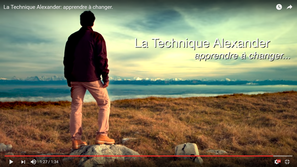
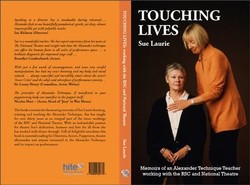
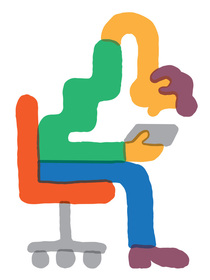

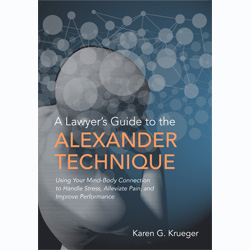


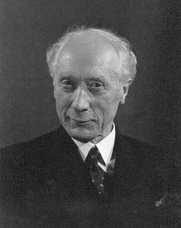
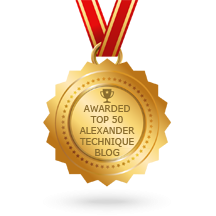
 RSS Feed
RSS Feed
